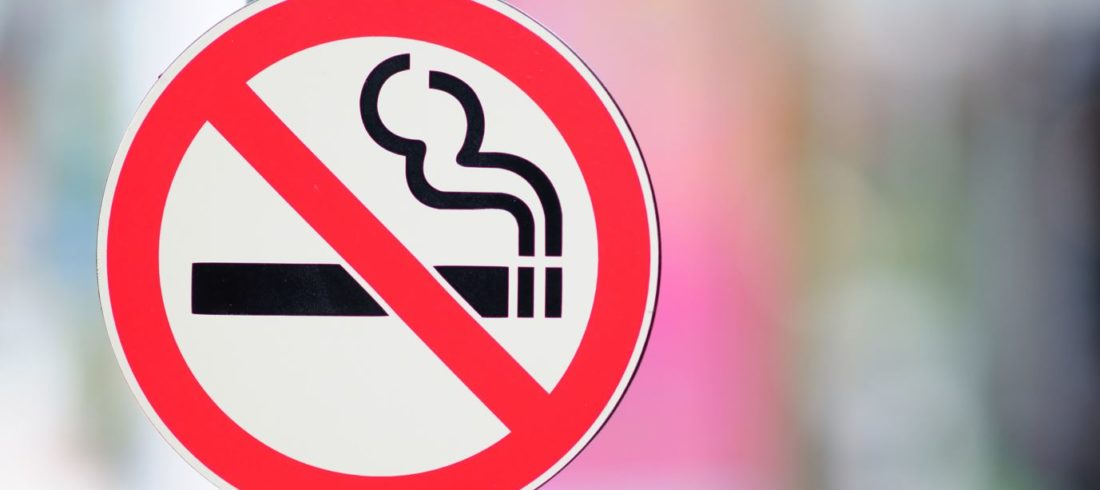Over 16 million Americans suffer from a disease caused by smoking: cancer, heart disease, stroke, lung diseases (such as emphysema, bronchitis, and chronic airway obstruction) and diabetes result in 1,300 deaths every day.
“Most people who smoke know they should stop, but it is very hard to kick the habit,” says Dr. Davide Michael DeBellis, of Premier’s Internal Medicine Division. “It is nicotine that makes it so tough to quit smoking. Nicotine is the most addictive drug known to mankind. It is what makes smoking, or any other use of tobacco one of the most difficult, but not impossible, addictions to conquer. Over the 30-plus years that our physicians have been in practice in the Dutchess County area, we have helped thousands of patients quit.”
What worked for those patients, DeBellis says, is the individualized approach our IM physicians take. “At its heart is the unique physician-patient relationship, the personal rapport we build with our patients that enables us to give each person specialized counseling.”
The privacy of the examination room frequently provides an opening for a dialogue about smoking. “How the physician approaches the topic with a patient is based on the individual’s medical records and patient profile,” DeBellis says. A detailed knowledge of each person’s health care record enables the physicians to assess how tobacco use is affecting his or her health.
The physicians can also, with the patient’s permission, help create a personal support group comprised of their family members. “It’s the most important support group that anyone trying to quit smoking can have,” he says. And, when appropriate, the physician may provide prescription medication to help ease an individual’s withdrawal from smoking.
“We encourage individuals who want to quit smoking to talk to us about smoking cessation options,” says DeBellis. “We’ll help you choose the option that’s best for you, and we’ll be with you every step of the way.” Call today to schedule an appointment #845.790.6100
What Happens to Your Body When you Quit Smoking:
- In 20 minutes, your blood pressure and heart rate drop to normal.
- in 8 to 12 hours, the carbon monoxide and nicotine levels in your blood reduce by half and your oxygen levels return to normal.
- After 2 days, carbon monoxide is eliminated from your body.
- After 4 days, breathing becomes easier.
- In 2 weeks to 3 months, your heart attack risk begins to drop. Circulation improves and your lungs work better.
- In 1 to 9 months, coughing and shortness of breath decrease.
- In 1 year, your risk of heart disease has dropped to half that of a smoker’s.
- In 5 years, your risk of stroke is the same as someone who doesn’t smoke.
- In 10 years, your risk of dying from lung cancer is half that of a smoker’s. Risk of heart attack falls to the same as someone who has never smoked. Your risks of most types of cancer also decrease.

